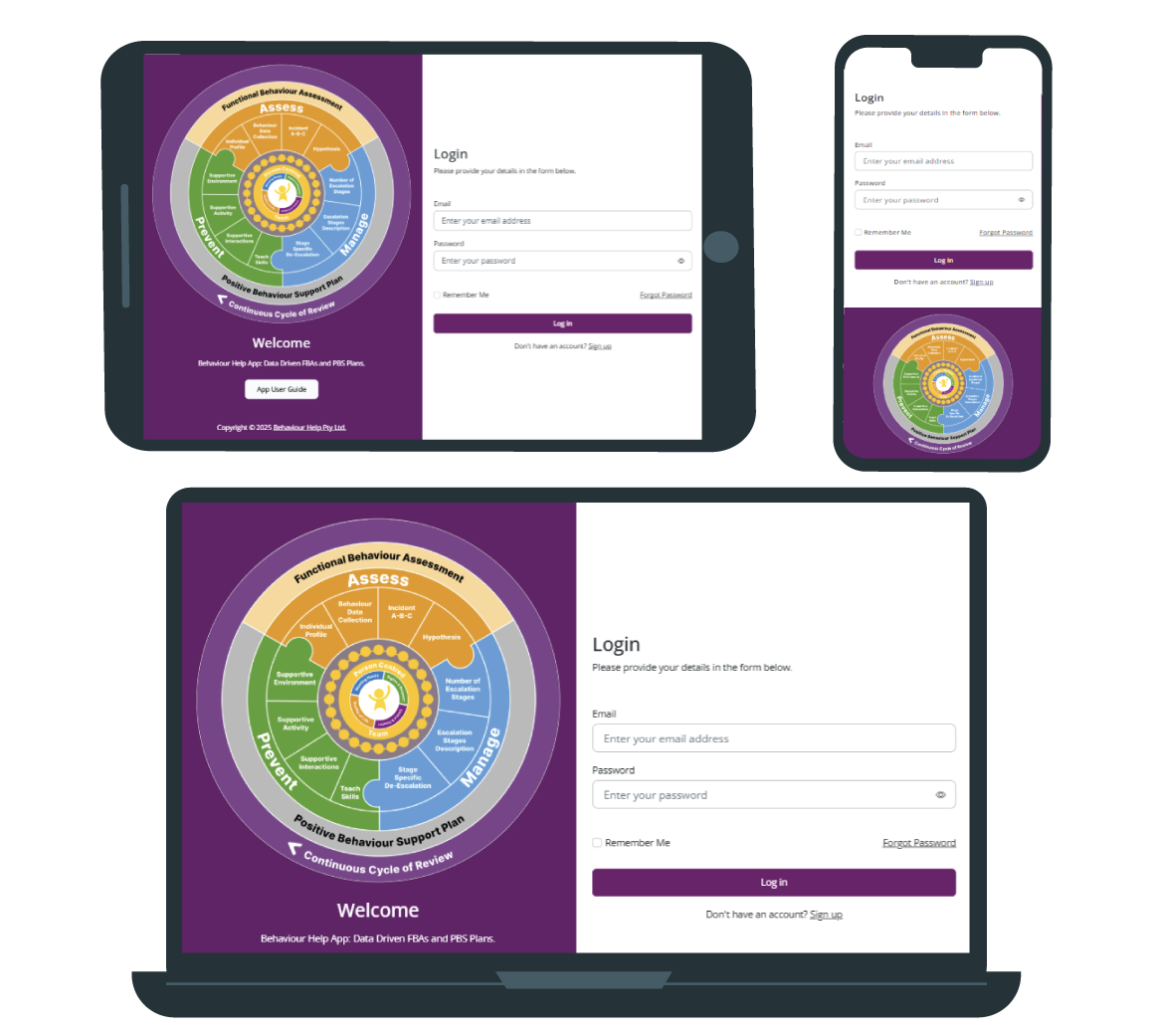Nobody wins all the time. We all regularly have experiences or engage in activities that have some level of competitiveness, whether it’s playing sports, participating in contests, or even things like hoping to become a school captain or applying for a job. As we grow and develop, we learn to cope with the possibility and actuality of losing as we become more familiar with it; however, losing can be difficult for students with Autism Spectrum Disorder, anxiety, aggression and oppositional and defiant behaviours. The reaction of some students to losing in a competitive situation can be detrimental to themselves and to others. As winning and losing are a normal part of life, it’s important that we foster certain skills and abilities to guide these students to become good sports.
A good sport participates in competitive activities and situations fairly and follows the rules. More importantly, a good sport treats everyone with respect and dignity, whether they win or they lose. They do this by acknowledging their feelings, thinking positively and acting in constructive ways. A bad sport, however, may not only struggle with losing, but can also react to winning in ways that negatively affect others.
A winner may experience a broad range of emotions in varying degrees of intensity after a win. For example, they may feel proud, ecstatic, satisfied, confident, vindicated, superior, haughty and happy. Good sports and bad sports manage these emotions differently. A good sport may experience any these feelings, but is humble in their actions because they know that nobody wins all the time. They may be proud of their accomplishments but do not boast or brag or lower their opponents’ self-esteem by constantly reminding them of how poorly they performed in comparison. In fact, they may say something positive about the losing opponents’ efforts. A bad sport, on the other hand, will often express their emotions about winning at the expense of those who didn’t win by gloating, feeling superior, and insulting their opponents.
Someone who doesn’t win may also experience a wide array of emotions. For example, they may feel distraught, anxious, depressed, angry, resentful, sad, like a failure, frustrated, inadequate or cheated. While it is normal to experience these feelings, a good sport will tend to use the loss as an opportunity to identify areas of improvement and learn from their mistakes and experiences, perceiving these experiences of losing from a positive perspective. A bad sport, on the other hand may blame others for their loss, find excuses for losing, or act in other inappropriate ways such as becoming aggressive or rude toward others.

Introducting...The Behaviour Help App
Your All-in-One AI Tool for FBAs and PBS plans
You’re doing important work. That’s why we built the Behaviour Help App — to make it easier to track behaviour trends, identify patterns, and develop meaningful, person-centred strategies.
Being a good sport allows an individual to grow and develop. Treating a loss as a positive learning experience rather than something to be angry, upset or resentful about will help students learn to identify any improvements in their performance in comparison to previous situations in terms of their effort, skills, attitude and level of participation. They can then develop a plan for what and how they can further improve.
To foster this positive perspective in students to help them become good sports, it’s important to not place too much emphasis on winning and losing. Success is not defined through the outcome but through improvement in one’s performance, learning new skills and having fun. By defining success in these terms, students can begin to shift their perspective and have more positive reactions to both winning and losing.
Below are some examples of strategies you can use to help your student learn to be a good sport:
1. Have a discussion with your student about how nobody in the world wins all the time. Find examples of people involved with your student’s areas of interest (e.g. sports, music, acting) to show examples of how people do win, but they also lose, and that the key to their success is that they never gave up.
2. Sit down with your student and visually and explicitly discuss how they may feel, think and act when they win and lose. You can use the worksheet below to help your student explore their reactions:


3. Model how to behave as a good winner and loser. If possible, find videos from social media to showcase good and bad examples of winning and losing.

4. Provide the student with opportunities to practise or rehearse skills in staged situations that simulate the actual situation so that they can practice the skills of being a good sport. Coach the student through steps of becoming a good sport.
5. Reinforce by praising any steps the student takes in the right direction toward being a good winner and loser. If necessary, initially use rewards to motivate the student to exhibit the good sport behaviours and then gradually fade them out.
6. Ensure that there is a balance between non-competitive and independent games so that the focus is not on winning. This will provide learning opportunities for the student to recognise that they can focus on their own journey and not compare themselves to others.

Introducting...The Behaviour Help App
Your All-in-One AI Tool for FBAs and PBS plans
You’re doing important work. That’s why we built the Behaviour Help App — to make it easier to track behaviour trends, identify patterns, and develop meaningful, person-centred strategies.


